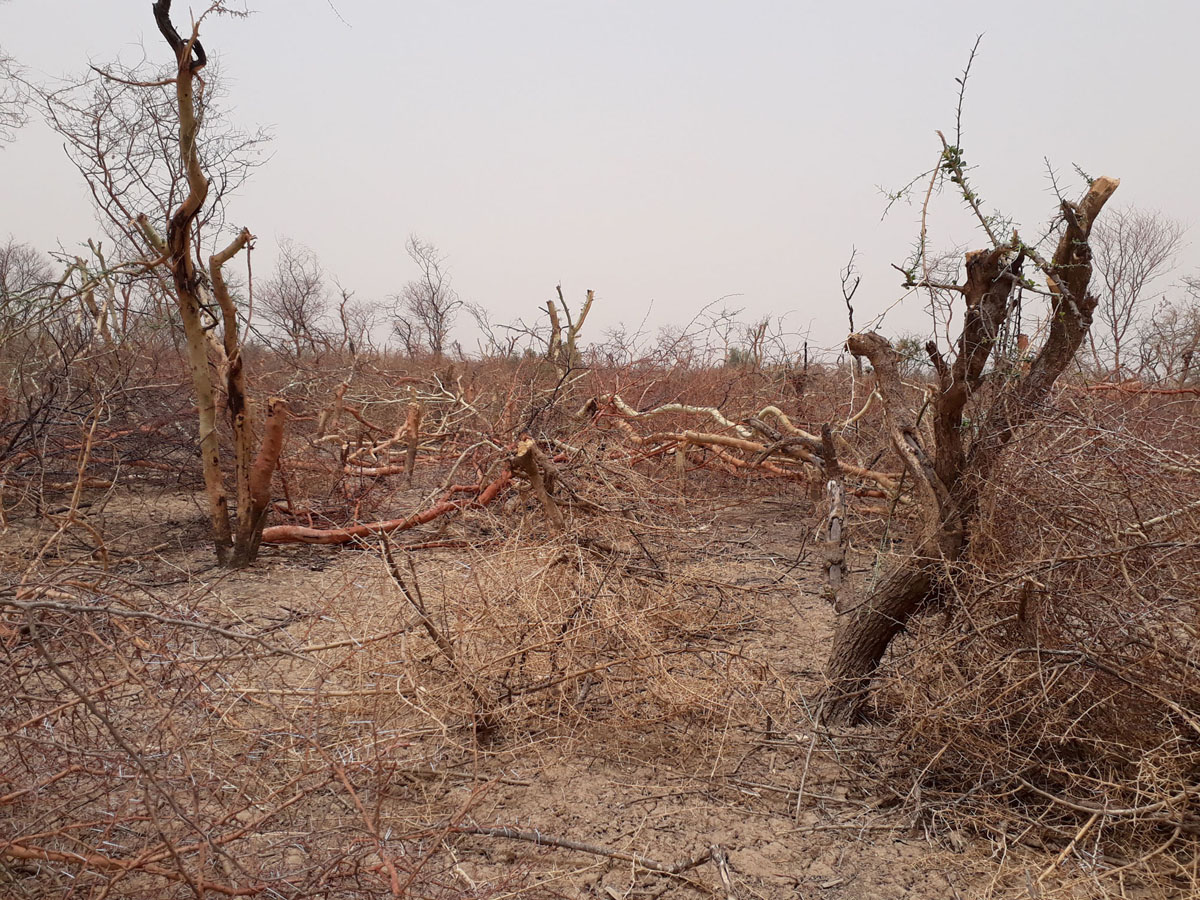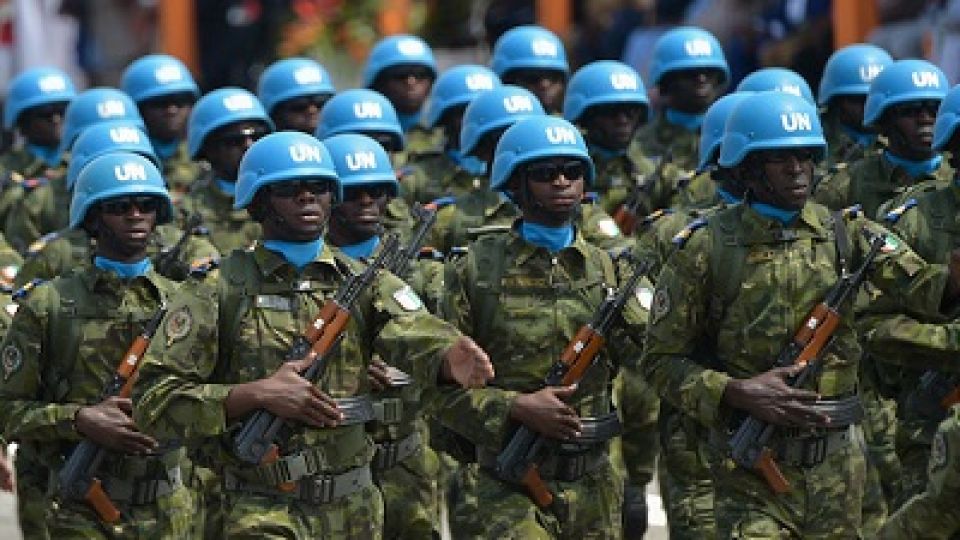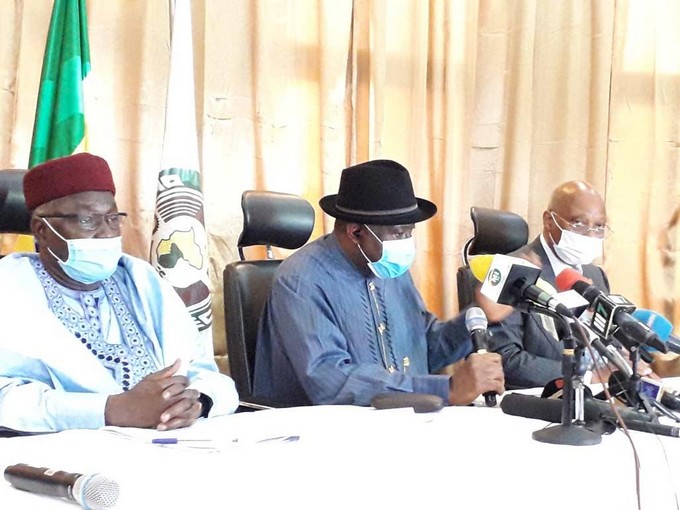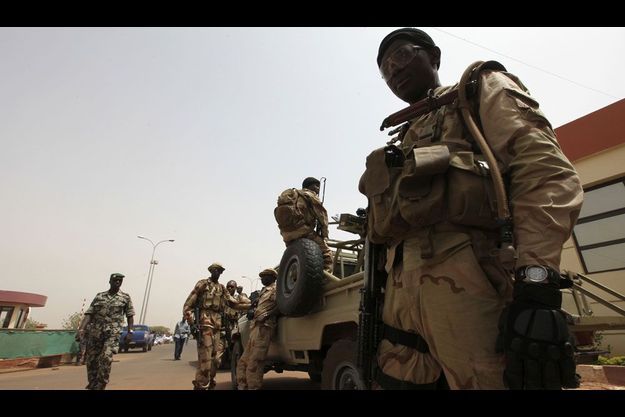Mali faces an escalating environmental challenge as tree-planting initiatives struggle against widespread deforestation driven by poverty and energy needs. Former Environment Minister Aida M’bo’s current conservation efforts highlight the complex balance between environmental protection and basic survival needs in one of the world’s poorest nations.
The situation reflects broader challenges across Africa’s Sahel region, where nearly 7,722 square miles of forest have vanished in Mali alone over three decades. The Great Green Wall initiative, launched in 2007 to combat desertification, has achieved only 4 percent of its original goals, requiring an estimated $43 billion for completion.
Mali’s population remains heavily dependent on firewood, with biomass accounting for 64 percent of total fuel consumption. Despite being a major gold producer, widespread poverty forces many citizens to rely on forest resources for survival, particularly in rural areas affected by armed conflict and climate change.
The country faces multiple challenges, including insurgency, political instability, and severe weather events. Recent record-breaking floods underscore the importance of forest preservation for natural disaster mitigation and carbon absorption.
Environmental activists emphasize forests’ crucial role in combating climate change effects, while noting Africa’s minimal contribution to global greenhouse gas emissions. The situation exemplifies the broader dilemma facing developing nations: balancing immediate survival needs against long-term environmental preservation.



